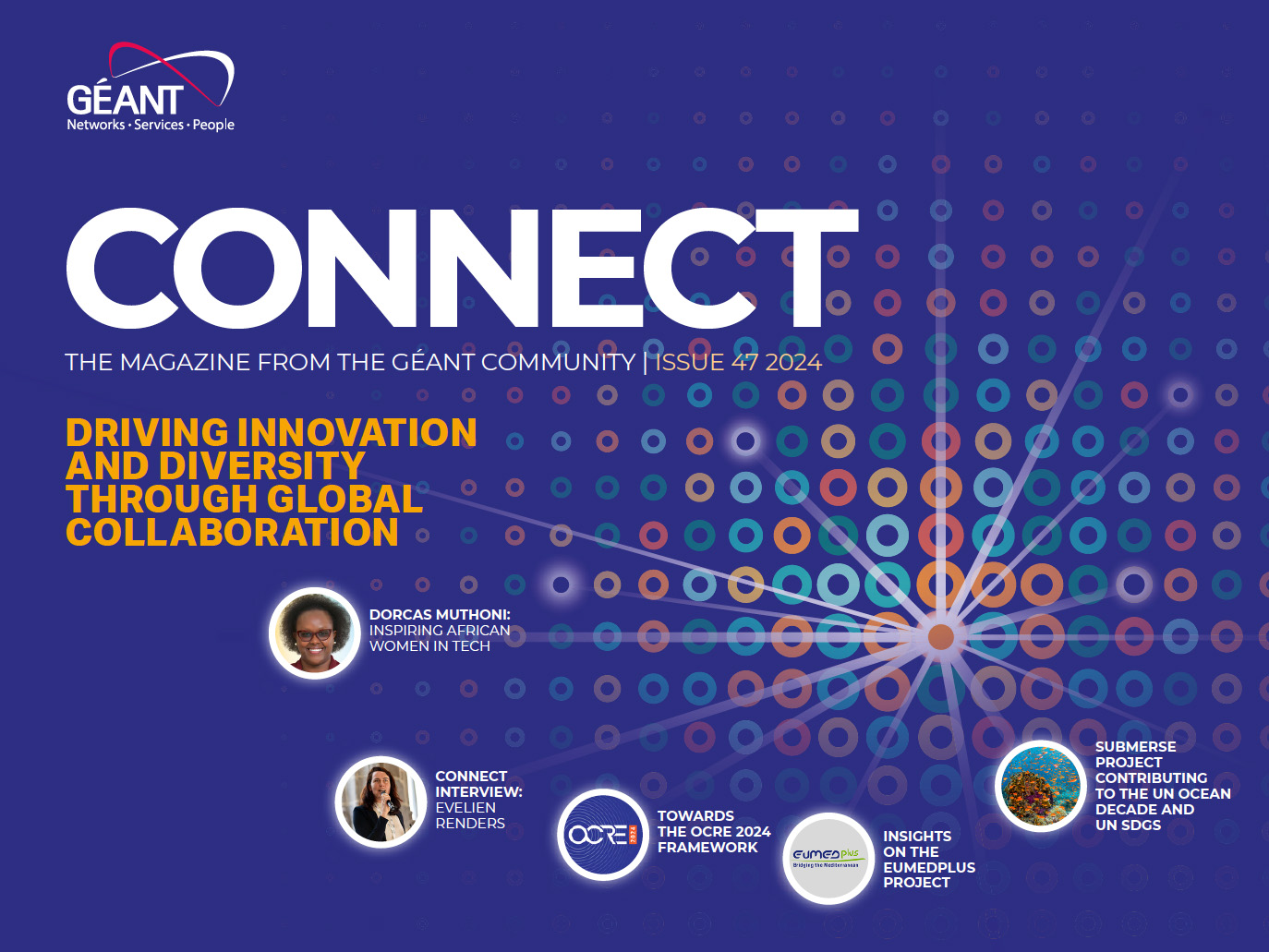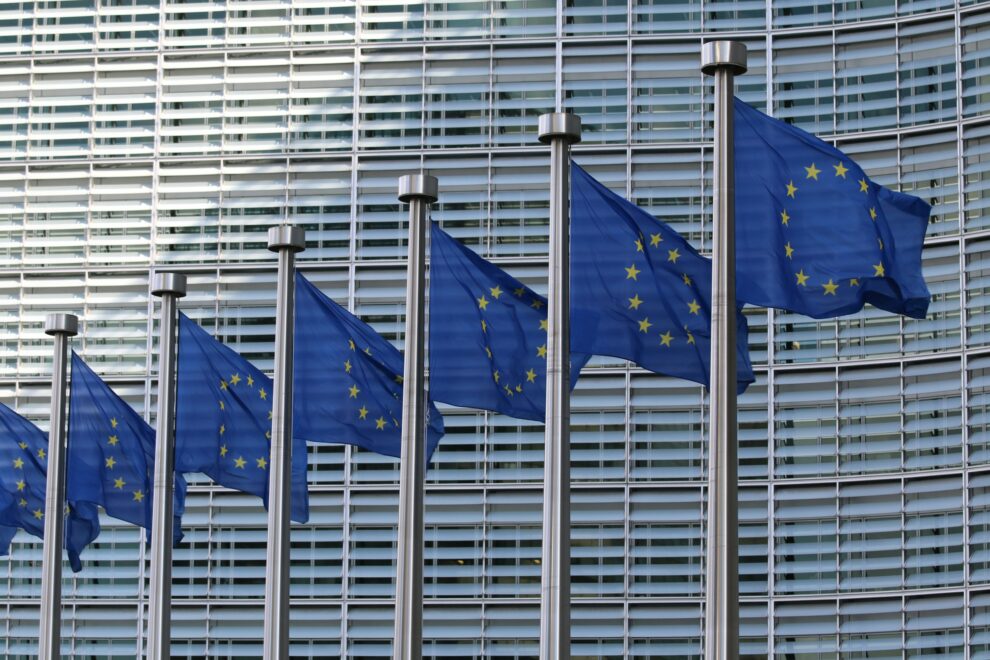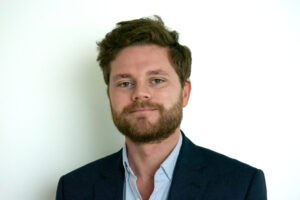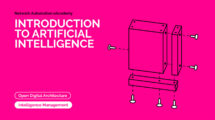Following the European Elections of June this year, and subsequent confirmation of the second term of Commission President Ursula von der Leyen, her first and most important task is to appoint a new team of Commissioners. In forming her new 27-person team, or ‘college’, for the next five years, the political landscape has changed. What is this new landscape, and why does it matter to us?
Before focusing specifically on the Directorate General which directs the European Union’s financial support for GÉANT and its membership – DG CNECT – it is worth looking at the wider political picture. One could argue that Von der Leyen’s Commissioner appointments either serve the times or are a product of them, but the web of geopolitical trends is reflected in her team’s makeup. Each member state nominates a single commissioner who is designated to utilise political competence to bring about legislative success – they are not required to be technical experts. Von der Leyen has moved quickly, practically and ambitiously; she has given out portfolios that suit regional blocks. In the Northeast and Baltics, there is a defence (Lithuania), foreign affairs (Estonia) and security (Finland) focus, for obvious reasons. In the South and Southeast, we have social issues at the centre – Mediterranean and Crisis Management portfolio (Croatia), People, Skills and Preparedness (Romania), Cohesion and Reforms (Italy) and Sustainable Transport and Tourism (Greece). And in central and western Europe, almost all the portfolios have an economic or industrial angle.
This has been dubbed as a Commission looking to deliver ‘Prosperity, Security, Democracy‘ to Europe. These three words are to be at the centre of European policymaking for the next five years; the core priorities that will be delivered against a backdrop of competitiveness. Note the key themes now omitted, such as the ‘Green Deal’ or ‘Protecting our European Way of Life.’ In light of the need for economic stablisation following COVID-19, a growing trade conflict with China, and the winds of war in the East, the new priorities sadly reflect our troubled times and will continue to do so for the foreseeable future. But what does it inherently mean for our community?
Before looking specifically at policy, there will budgetary discussions to be had. Immediately following that, the Commission Work Programme for next year will be published in December, although most of that has already been pre-drafted. The successor of Horizon Europe – named Framework Programme 10 for now – will need to be finalised as part of the wider Multiannual Financial Framework (MFF) discussions, to begin in 2028. Currently, the most vocal discussions concern cohesion funding and defence spending. Yet, so far it looks as if the larger yet quieter programmes, such as the Common Agricultural Policy, Regional Funding and Research Budget, will emerge unscathed from cuts, although much can change next year.
Thierry Breton, the previous Commissioner who held DG CNECT within his mandate, has resigned due to political disagreements with Von der Leyen. Despite receiving unwavering support domestically in France, his strong willed, business-oriented and market dependent thinking created a polarisation within the Commission. Although technically dependent on Parliamentary approval this Autumn, his replacement is set to be a Finn, Henna Virkkunen. Virkkunen is an ex-MEP and held several ministerial posts in Finland. Importantly, she also sat in the Committee on Industry, Research and Energy (ITRE) of the European Parliament. She is highly versed in security – specifically spyware – and was also a rapporteur on the non-binding opinion of integrated digital platforms. Virkkunen is apparently held in high regard by others, including Von der Leyen, who has given the Commissioner-designate the Executive Vice Presidency of the College, a position held by only five other candidates within the larger team. It is also worth noting her title – EVP for Tech Sovereignty, Security and Democracy. See again the now unavoidable interlinking of the technical world and the geopolitical risk areas just mentioned.
However, there are positive benefits to our community here. Public organisations such as NRENs are uniquely situated in protecting the European digital space, due to their non-commercial existence and member state domesticity. So be it for connectivity, trust and identity or a rising profile of security – among others – the inherent nature of NRENs themselves could become an increasingly attractive option for national and European policymakers when looking to deal with geopolitical problems. The security aspect can hold multiple benefits, with not just an emphasis on cybersecurity software and training, but also the development of key technologies that can be used on our current infrastructures. Finally, NRENs hold a key position in supporting the health of vital institutions, be that for trust and identity, security services, or for promoting Open Science and FAIR principles in an increasingly skeptical and hostile digital environment. The GÉANT EU Liaison team and the GÉANT (GN5-1) Project Policy Engagement Task will be monitoring this new political agenda closely.

Read or download the full magazine here







